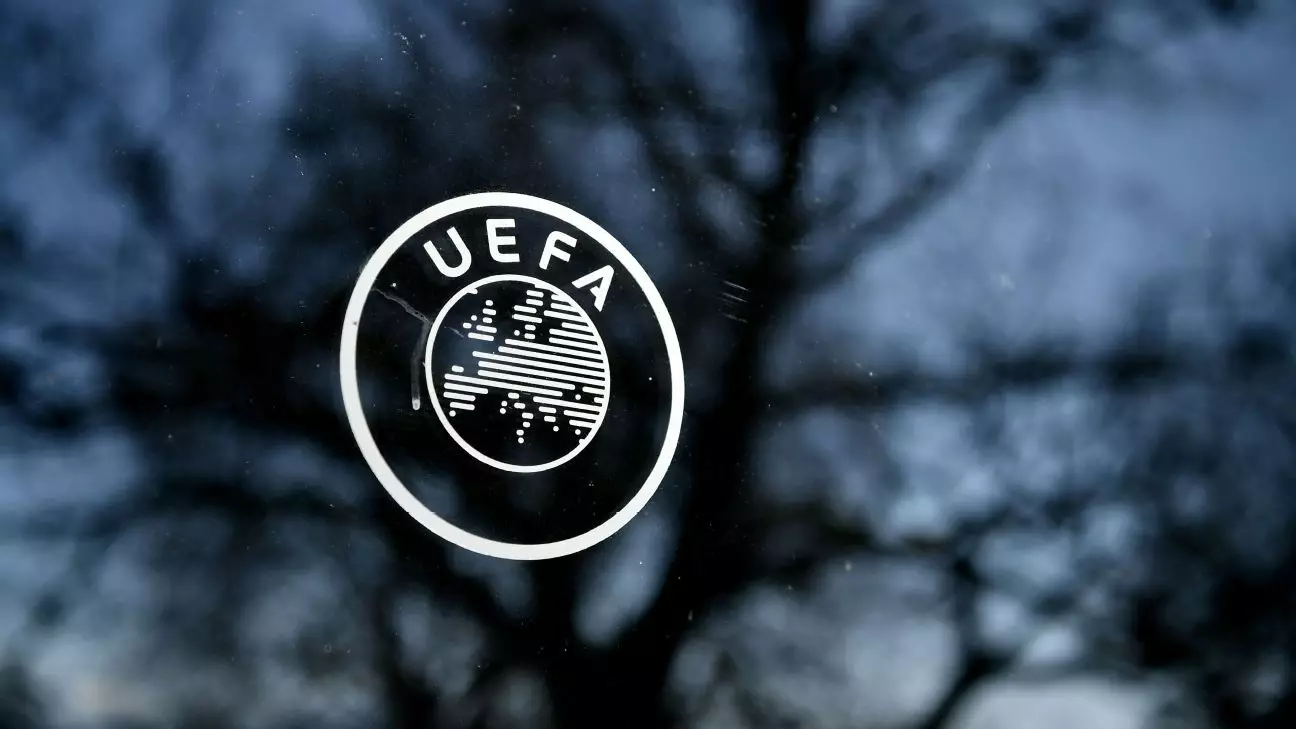In a groundbreaking move that signifies a shift in governance within European football, UEFA, the continent’s football authority, has decided to grant a seat on its executive committee to the professional footballers’ union, FIFPRO Europe. This landmark agreement reflects an increasing recognition of the need to amplify players’ voices when it comes to critical issues surrounding their welfare and the demanding nature of the match calendar.
This decision is particularly timely, as many high-profile players, including the recently crowned Ballon d’Or winner Rodri, have voiced concerns about the overwhelming number of fixtures scheduled within a compressed timeframe. Such discontent has reached a point where players are contemplating drastic measures, including strikes, to draw attention to their plight. UEFA President Aleksander Ceferin emphasizes the necessity of player involvement in decision-making processes, stating, “Players are at the heart of football, and their perspectives must shape the decisions taken.”
Addressing Player Welfare
The agreement, spanning three years, aims to position player welfare as a priority in football governance. By giving representatives from FIFPRO Europe a formal voice in UEFA’s executive discussions, the organization is not just acknowledging the players’ contributions to the sport but actively working to ensure their rights and conditions are protected. The season has already seen UEFA increase the number of games played in premier tournaments, a decision that has sparked debate about the sustainability of such demanding schedules.
Furthermore, UEFA’s commitment to involve FIFPRO in matters that impact players’ employment conditions or potential reforms shows a shift towards a more inclusive governance model. This effort seeks to mitigate instances of unilateral decision-making that has historically characterized football’s upper echelons.
This development comes against the backdrop of a formal complaint lodged by FIFPRO Europe at the European Commission, specifically targeting FIFA’s handling of the expanded World Cups without adequate consultation with stakeholders, including players and clubs. Although this legal action does not implicate UEFA directly, it underscores the rising tensions between football’s governing bodies and the legitimate concerns of players and clubs regarding governance practices.
The legal landscape surrounding football governance has shifted significantly, with influential rulings from the European Court of Justice shedding light on competitive practices and transparency. These developments challenge the traditional powers that UEFA and FIFA hold. The commitment to include active players and their representatives signifies an acknowledgment that the historical model of governance is evolving.
In addition to this executive committee formation, the establishment of a Professional Players’ Advisory Forum is set to provide a platform for ongoing dialogue between UEFA and players. This forum will convene for the first time in December and aims to ensure that players’ insights are not only welcomed but are pivotal in shaping the future of the sport. The inclusion of player representatives in these discussions offers a unique lens through which strategic decisions can be evaluated and modified.
As the professional football landscape develops, this newly formed alliance foreshadows a paradigm shift. The player delegate’s role on the UEFA executive committee, expected to begin in May, will mark a significant milestone in player representation, especially since clubs and leagues already have their quota of representatives. This dynamic could potentially level the playing field, ensuring that concerns related to player welfare are not merely an afterthought in administrative decisions.
The recent collaboration between UEFA and FIFPRO Europe is a progressive step toward fostering a more equitable and responsive governance structure in European football. As players continue to navigate the complexities of a congested calendar and demanding schedules, their involvement at the highest levels of decision-making will be crucial. David Terrier, President of FIFPRO Europe, aptly describes the agreement as “a hugely positive milestone for professional players across Europe.”
Looking ahead, the challenge will be to ensure that this newfound voice translates into tangible changes for players. It remains to be seen how effectively UEFA will integrate player perspectives into its policies, but this partnership offers hope for a future where player welfare and employment conditions take center stage in the beautiful game.

